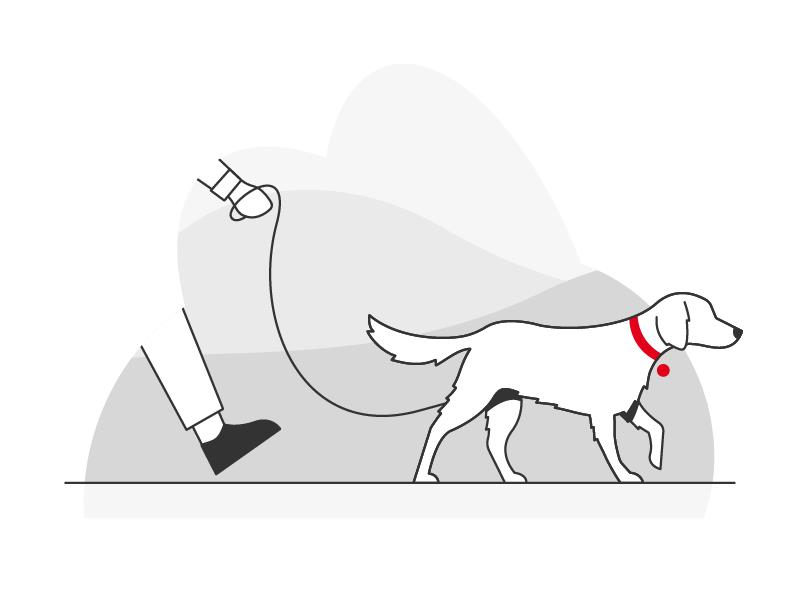Together, we are the health guardians of our pets
We all want to provide the very best health for ourselves, our families, and our pets. In these extraordinary circumstances, it is important to keep good health practices top of mind.
In an effort to help you, here is practical information to foster the health and well-being of your cats and dogs, now and always.
Important to know
The current spread of COVID-19 is a result of human to human transmission. According to the World Organisation for Animal Health (OIE) to date, there is no evidence to suggest that companion animals are playing a role in the spread of COVID-19.
For the most up to date information on this rapidly evolving situation, please refer to the OIE or WSAVA (World Small Animal Veterinary Association) websites.
As you and your family spend more time at home, it is important that each pet receives the exercise it needs. Find new ways to play inside – feeding puzzles and indoor toys can help stimulate your pet’s mind and exercise its body.
If you need to be separated from your pet for a period of time, make plans for its ongoing safety and care.
If you are sick with COVID-19 (confirmed or suspected) and recovering at home, avoid close contact with your pet if you can. If you can’t have another member of your household caring for your pet, maintain good hygiene practices and wear a face mask if possible.

Healthy and happy together
Scientific evidence demonstrates that pets can provide tangible health benefits - physical and emotional - to their owners. Pets can help us cope during these times.*
Studies have also shown that animals can act as 'stress buffers'. They often ease the distress associated with anxiety-provoking experiences, and help decrease our perception of physical and emotional pain.*
*Source: Waltham Human Animal Interaction Playbook
April 14th 2020